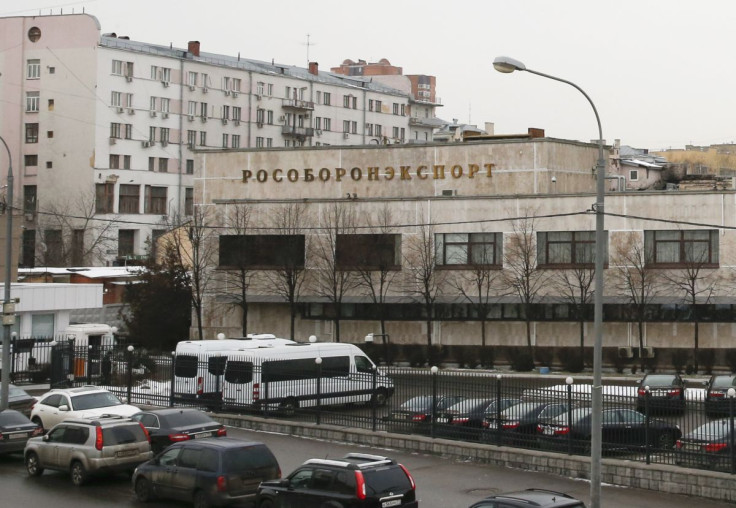Japan Imposes More Sanctions On Russian Officials, Arms Exporter

Japan said on Friday it will impose sanctions on 15 Russian individuals and nine organisations, including defence officials and the state-owned arms exporter Rosoboronexport.
The sanctions, which include the freezing of assets, are the latest in a series of measures by Japan following Russia's invasion of Ukraine that began on Feb. 24.
Japan has now put sanctions on 76 individuals, seven banks and 12 other organisations in Russia, according to the finance ministry.
The government said on Friday Russian Foreign Ministry spokeswoman Maria Zakharova and several military equipment makers including United Aircraft Corp, which manufactures fighter jets, would be sanctioned.
The U.S. ambassador to Japan, Rahm Emanuel, praised Japan's action.
"These sanctions hit at the heart of Russia's war machine," the ambassador said in a statement.
This week, a U.S. Air Force cargo jet took helmets and other non-lethal military equipment donated by Japan to Ukraine.
Russia calls its action in Ukraine a "special operation" that it says is not designed to occupy territory but to destroy its southern neighbour's military capabilities and capture what it regards as dangerous nationalists.
Ukrainian President Volodymyr Zelenskiy may deliver an online speech to Japan's parliament on March 22, broadcaster TV Asahi said, citing a ruling party lawmaker.
Japan, a main U.S. security ally in Asia, still has stakes in gas and oil projects in Russia's Sakhalin island, after Shell and Exxon Mobil pulled out from those projects.
Prime Minister Fumio Kishida on Wednesday gave no clear indication of the fate of Japan's investment in the projects, underscoring both their importance for Japan's energy security and his intention to keep in step with G7 peers' sanctions against Russia.
The Russian ambassador to Japan said on Thursday it was logical to maintain "mutually beneficial" energy projects in Sakhalin.
Japan does also not intend to ban Russian seafood, Jiji Press reported.
© Copyright Thomson Reuters {{Year}}. All rights reserved.




















